
In recent years, the issue of illegal treasure hunting and antiquities smuggling has become a significant problem in Türkiye. However, this issue has been exacerbated by content creators on social media platforms, fueling the problem further and reaching a broader audience.
As social media platforms like TikTok, Instagram, YouTube and Facebook gain popularity, the number of individuals producing content around treasure hunting has dramatically increased. These creators, to gain followers and increase engagement, often embellish their videos with paranormal events or sensationalized treasure-hunting activities.
While some videos depict real treasure-hunting activities, others are fabricated for entertainment value or to attract more views. These videos frequently show individuals using metal detectors to "find" large quantities of gold, or even attempt to interpret treasure signs and promote metal detectors. Regardless of their authenticity, these videos are causing an increase in treasure hunting and antiquities trafficking across the country.
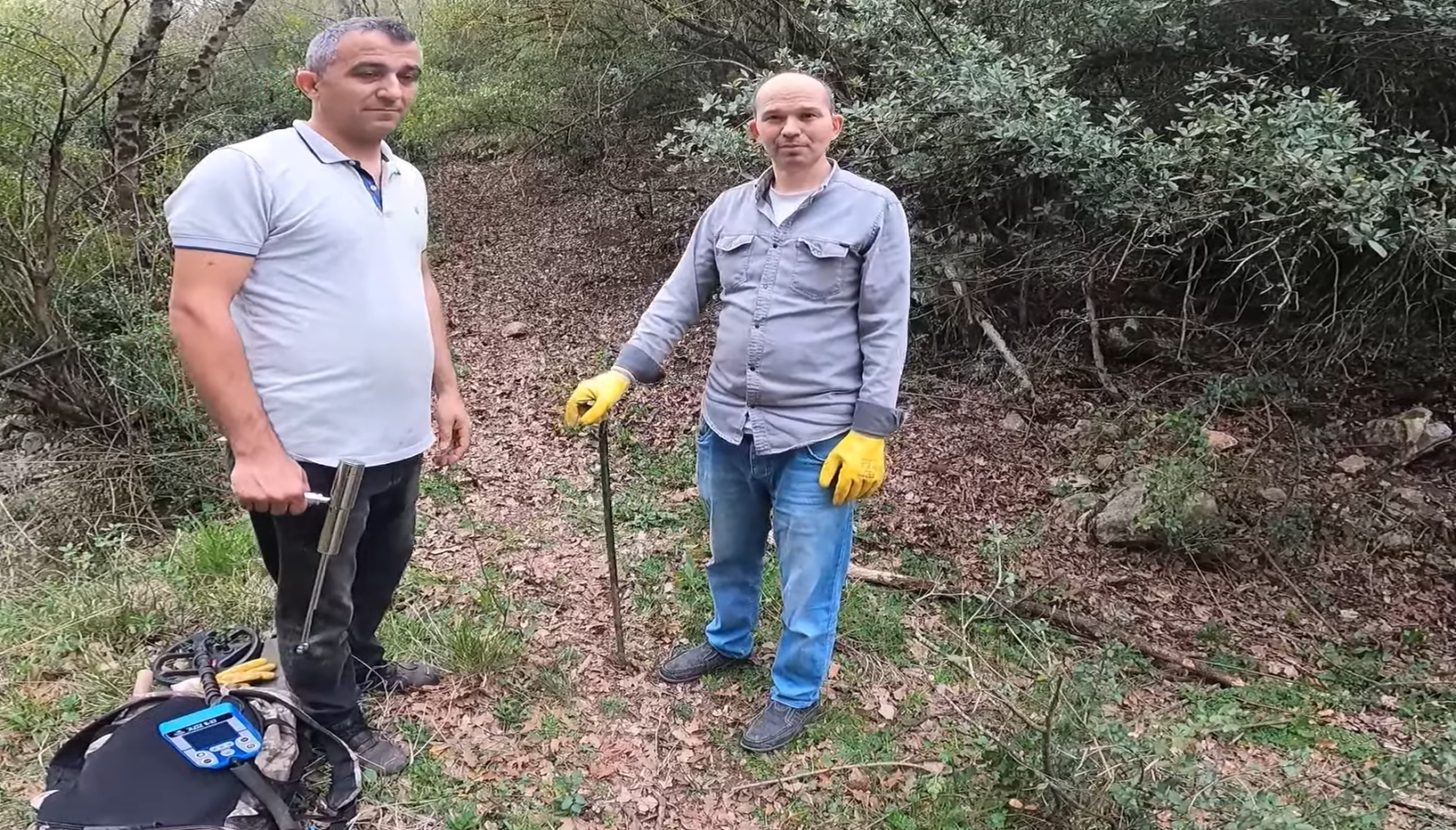
Alongside the surge in treasure-hunting content, scammers have also infiltrated the market, capitalizing on the growing interest in illicit excavations and treasure-hunting. Through well-crafted videos and high-quality production, fake treasure hunts are gaining traction, particularly on platforms like YouTube. These videos promise to reveal hidden treasures but instead use these platforms to sell expensive equipment to their viewers, who are often misled into thinking they are acquiring tools that will help them uncover real treasures.
Scammers are marketing metal detectors for as much as ₺5,000 ($140) to ₺6,000 while promising that these devices can guarantee a treasure discovery. At the same time, they demand thousands of dollars for services such as land scanning, with no real intention of following through.
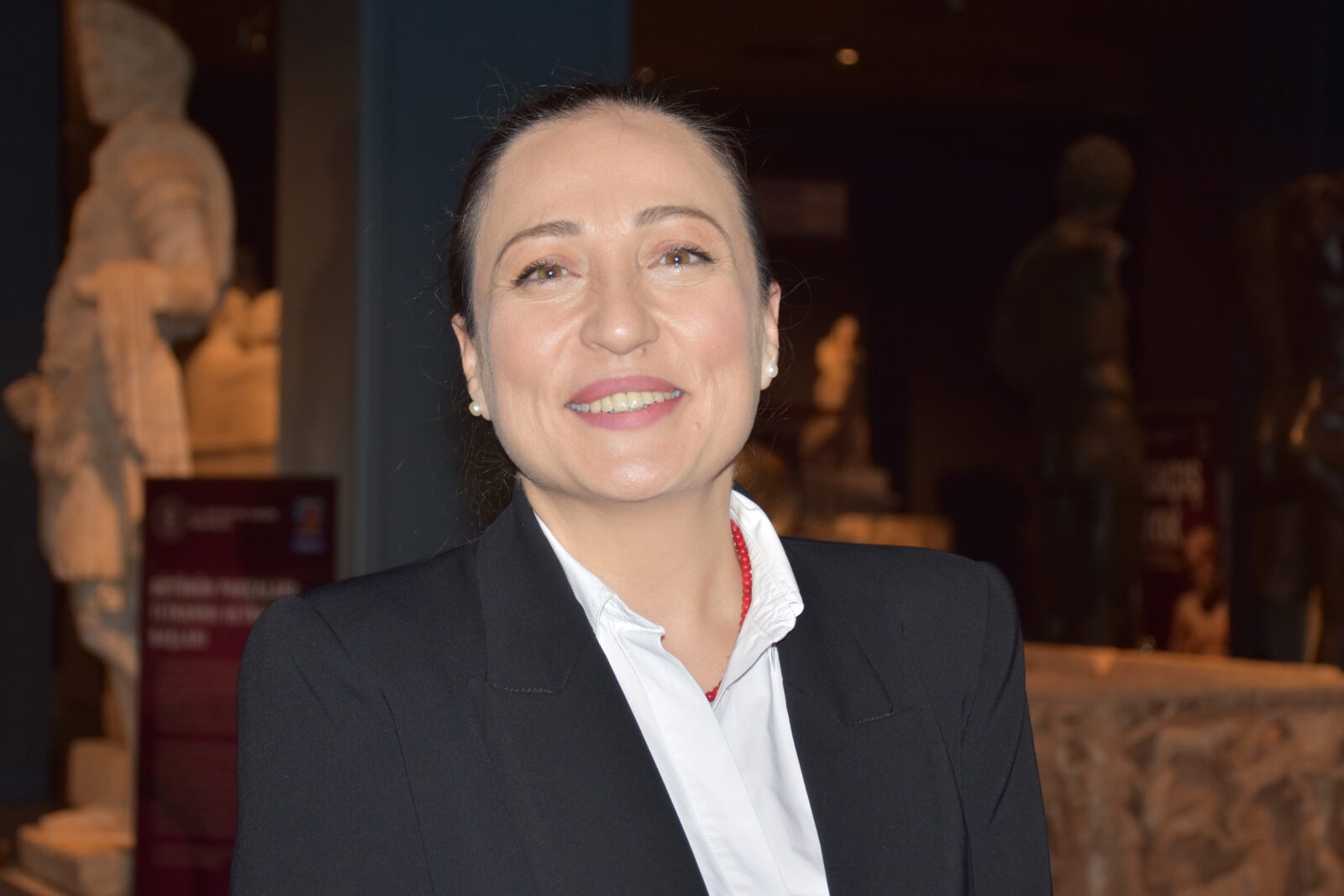
According to Zeynep Boz, head of the Anti-Smuggling Department of the General Directorate of Cultural Heritage and Museums, these activities not only scam unsuspecting individuals but also cause significant harm to cultural heritage and encourage illegal excavations.
In an interview with CNN Türk in 2023, she emphasized, "Scammers trick those who seek quick wealth with promises of finding treasure, taking their money in the process. We file criminal complaints for every video. People who imitate these actions are committing serious crimes, and we are monitoring them closely."
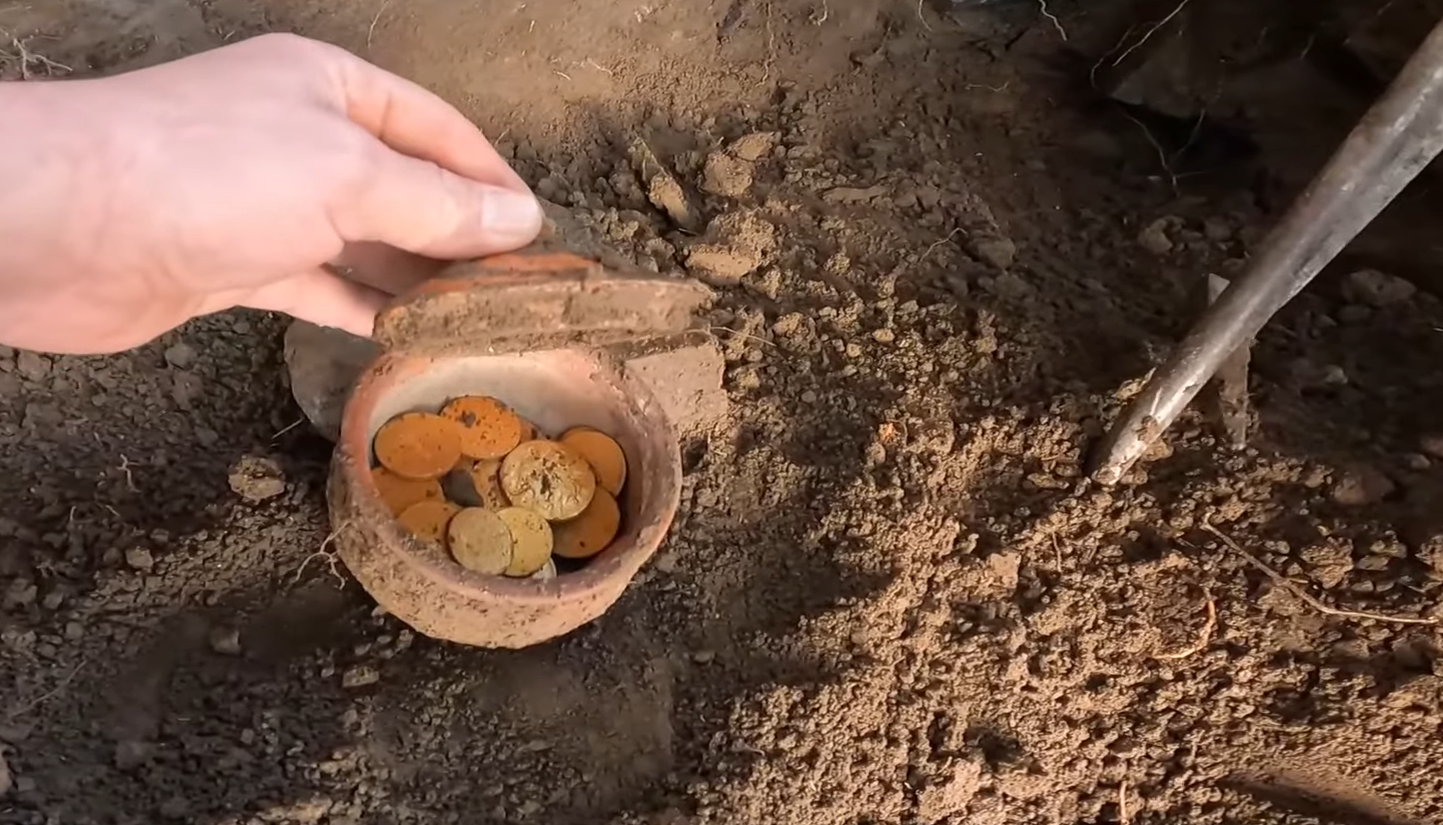
Social media videos promoting treasure hunts often depict masked individuals engaged in heated discussions while searching for treasure. These videos typically begin with the discovery of a marked stone or other symbol, followed by the use of metal detectors and tools. The focus is on unearthing objects such as pottery, which, when broken, supposedly reveals gold coins and other treasures.
However, experts claim that most of these videos are elaborate fakes, staged to make it appear as though treasure is being found. The same pottery pieces appear in multiple videos, always containing ash or sand, which is later followed by the sudden emergence of gold and coins.
Despite the fact that these videos are fabricated, they continue to draw massive attention. Some of these videos have garnered millions of views, fueling interest in illegal treasure hunting. What’s more concerning is that these videos often glorify illegal excavation activities, encouraging others to partake in such activities, without understanding the severe legal and ethical ramifications.
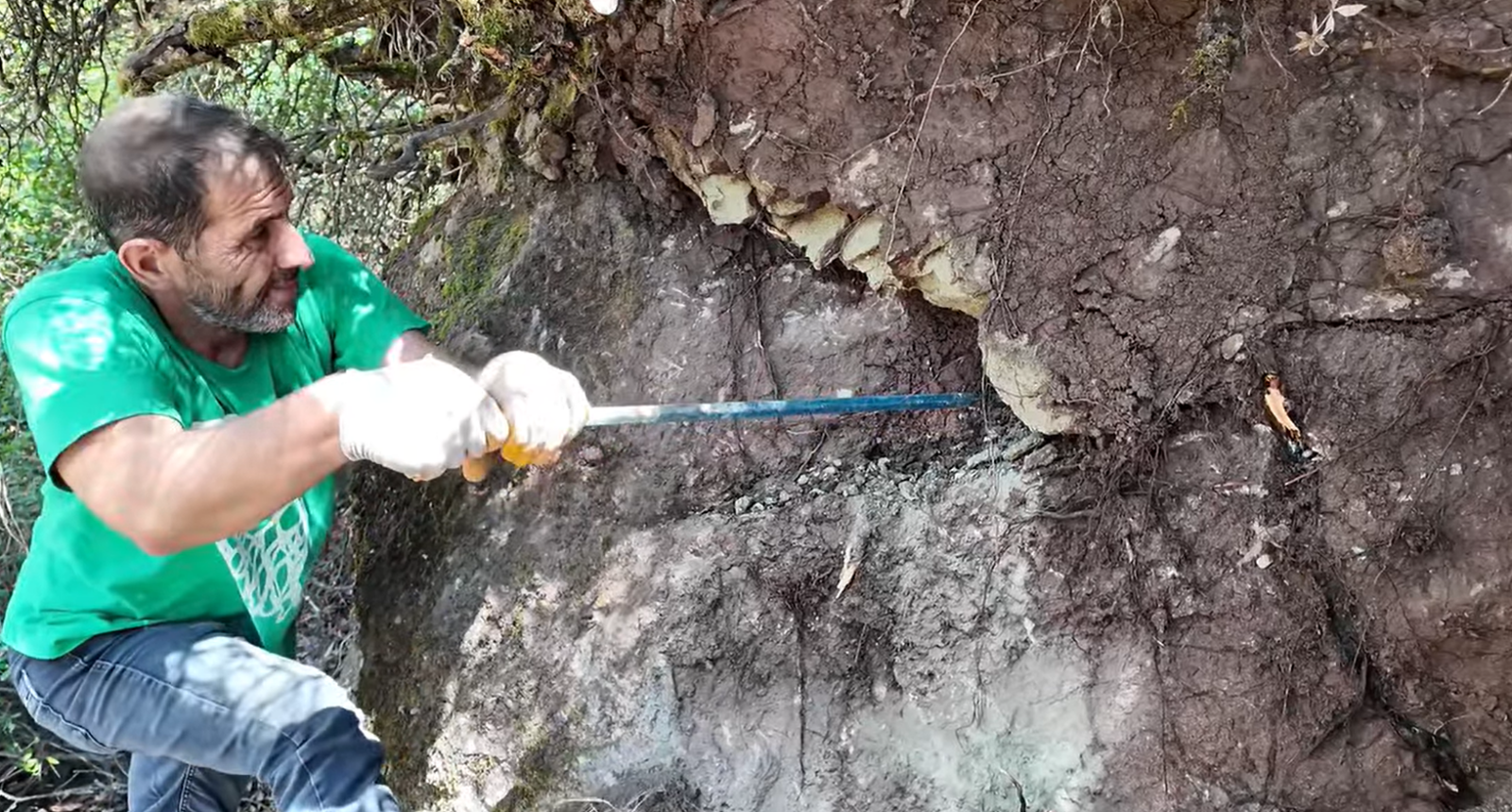
One of the most alarming aspects of these fake treasure-hunting videos is their potential to incite illegal activities. As more viewers become intrigued by these sensationalized depictions, some are compelled to try their hand at treasure hunting. This results in illegal excavations that cause irreparable damage to archaeological sites.
In many cases, these "treasure hunters" resort to crude methods, such as using explosives or heavy machinery, to unearth artifacts. The consequences are devastating for Türkiye’s rich cultural heritage, as priceless artifacts are destroyed or looted. Tragically, lives have also been lost in such illegal excavations.
In 2024, according to a report by journalist Salim Uzun for Hurriyet, treasure hunters, some of whom have amassed hundreds of thousands of followers on social media, openly broadcast their illegal activities. With videos often showcasing the use of tools like shovels, hammers, or even explosives, they demonstrate the extent of the damage they cause to historical and cultural sites.
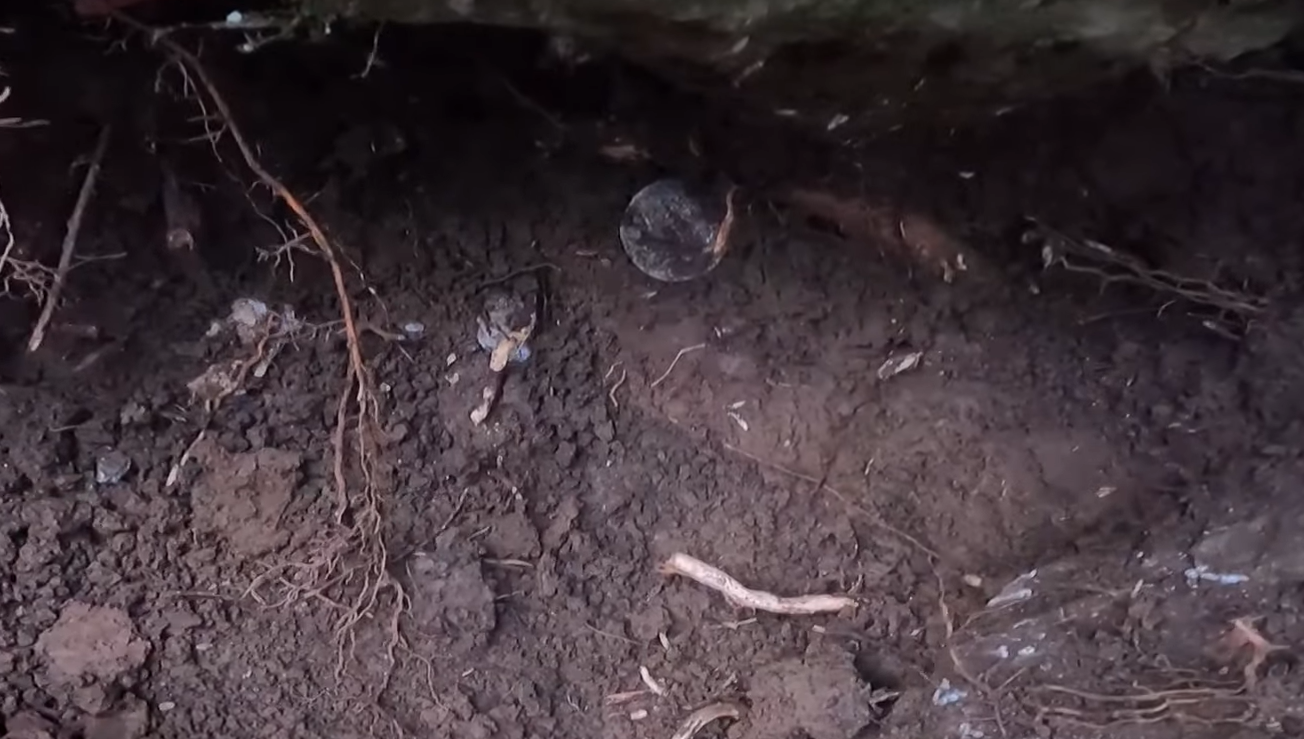
Social media platforms serve as breeding grounds for these illicit activities, as they allow scammers to reach a wider audience and manipulate viewers into purchasing products or services. Many treasure hunters cleverly manipulate their audience by producing high-resolution videos and photos of fake finds, often with the intention of promoting metal detectors and excavation services.
The vast number of views and engagement these videos receive becomes a source of revenue for the creators, as they profit from both product sales and advertising revenue. Tragically, some viewers, unfamiliar with treasure hunting or its associated risks, are drawn into these scams and ultimately end up purchasing faulty equipment or engaging in illegal activities.
In some cases, treasure hunters even go as far as to fake legal excavation practices, pretending to follow official guidelines while in fact violating laws. These creators carefully manipulate their videos to appear as though they are conducting legitimate excavations when in reality, they are participating in illegal activities. This adds another layer of danger, as it increases the likelihood that viewers will believe they are engaging in harmless activities when, in fact, they are contributing to the destruction of Türkiye’s cultural heritage.
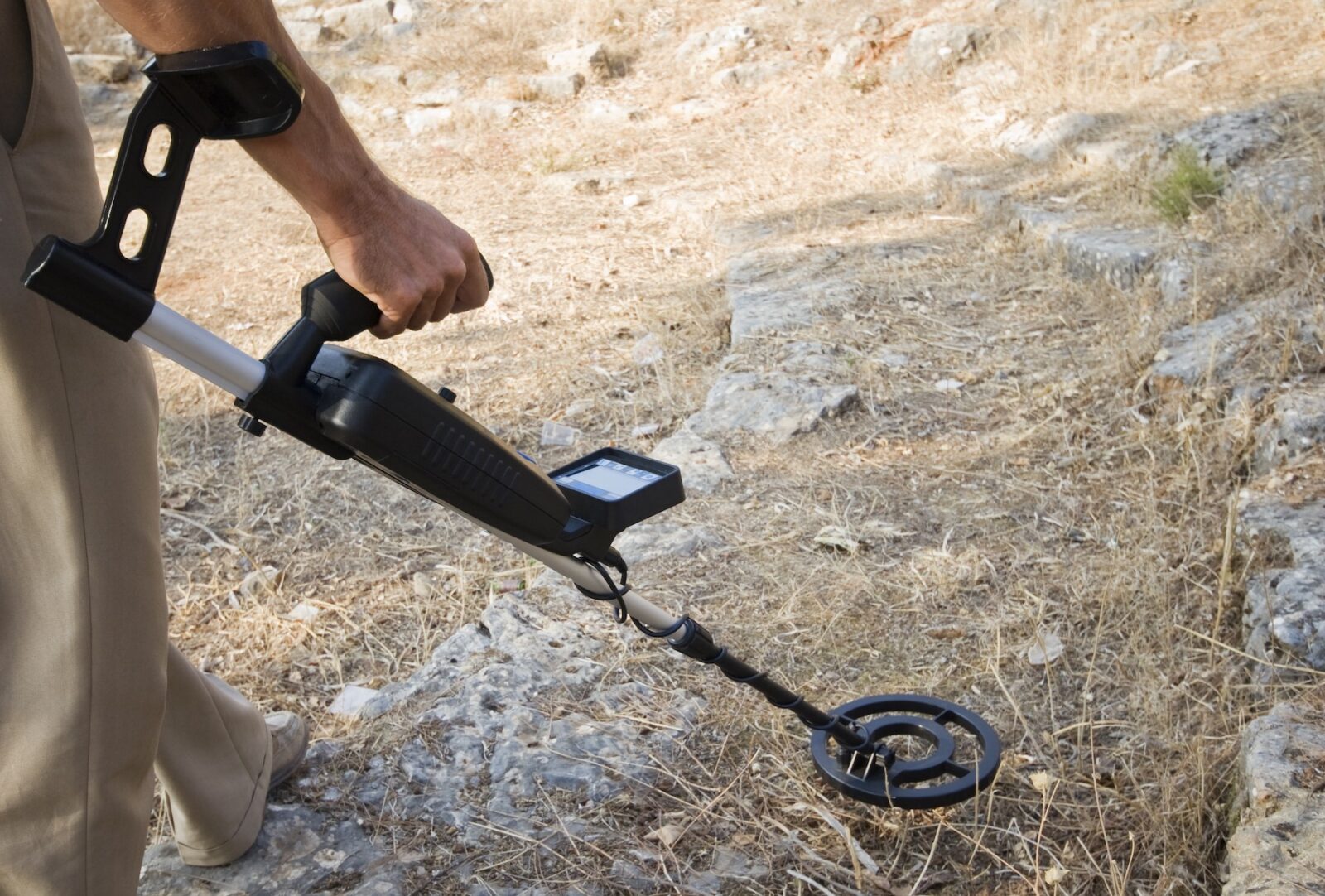
Boz emphasized that these social media scams not only pose a threat to Türkiye’s cultural assets but also undermine the fight against antiquities trafficking.
"These videos open the door to illegal trade in cultural heritage, creating a significant risk to the integrity of our national treasures. This situation is exacerbated by a highly organized network of criminals," she said.
While the Turkish Ministry of Culture and Tourism, along with law enforcement, is working tirelessly to address this issue, Boz stressed the need for more proactive interventions to combat these illegal activities and the spread of harmful content online.
To counter this growing threat, the ministry has ramped up awareness campaigns, focusing on educating the public about the dangers of illegal treasure hunting. These campaigns have reached rural areas, with officials visiting village cafes and schools to inform people about the legal and cultural consequences of engaging in these activities.
According to Boz, the goal is to prevent the normalization of illegal treasure hunting and ensure that people understand the significant crimes they are committing when they engage in such activities.
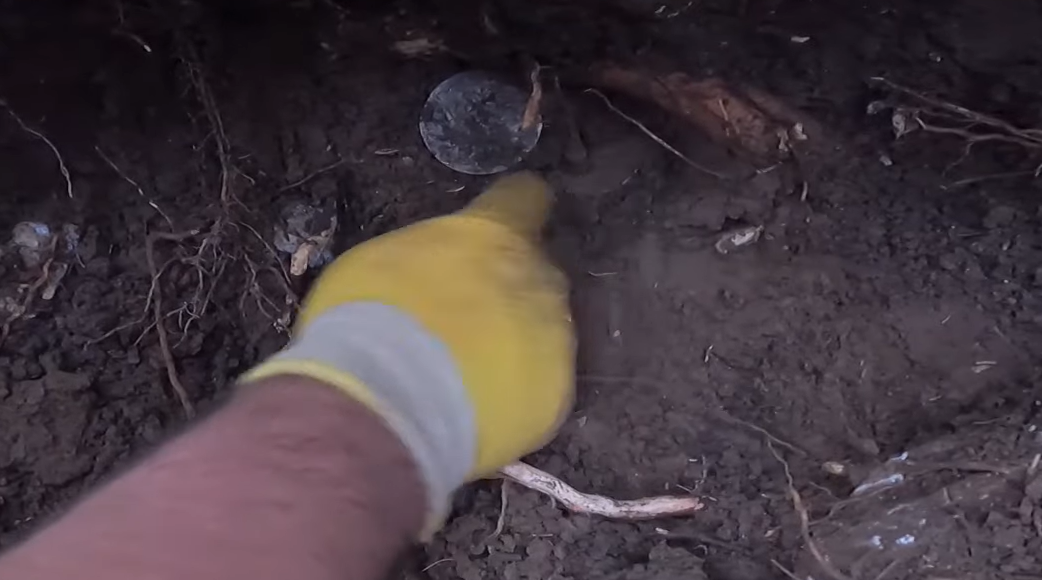
As social media continues to play a central role in shaping public perceptions and behaviors, it is crucial that we address the growing trend of treasure-hunting content and its detrimental effects on Türkiye’s cultural heritage.
The authorities are already taking steps to monitor and penalize illegal excavations, but more needs to be done to curb the spread of these dangerous videos. Educating the public and raising awareness about the severity of the issue is key to preventing further damage to Türkiye’s invaluable archaeological sites.
As more viewers are lured into the world of treasure hunting by misleading social media content, both individuals and authorities need to recognize the potential consequences of their actions and work together to protect Türkiye’s rich cultural legacy.